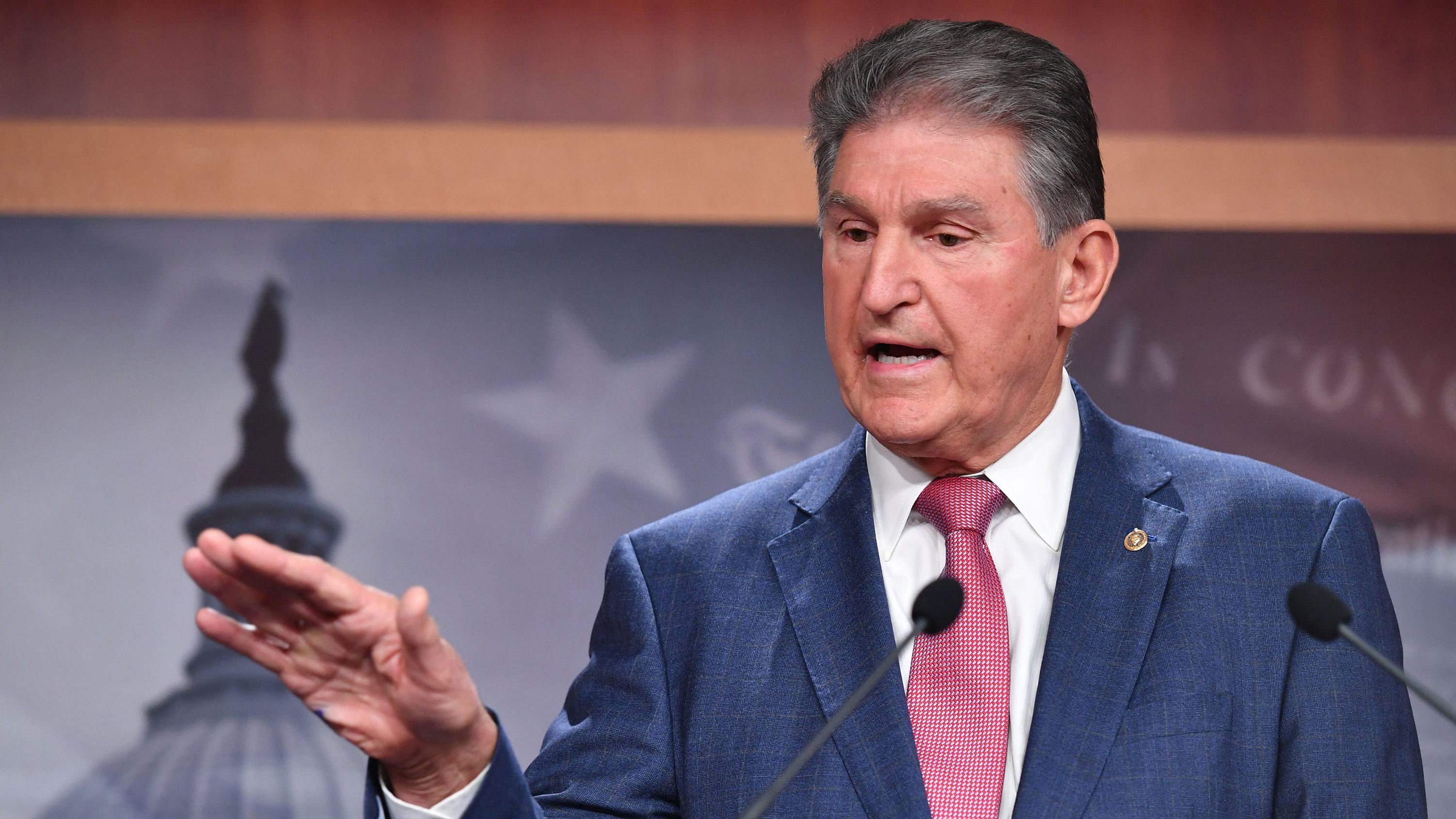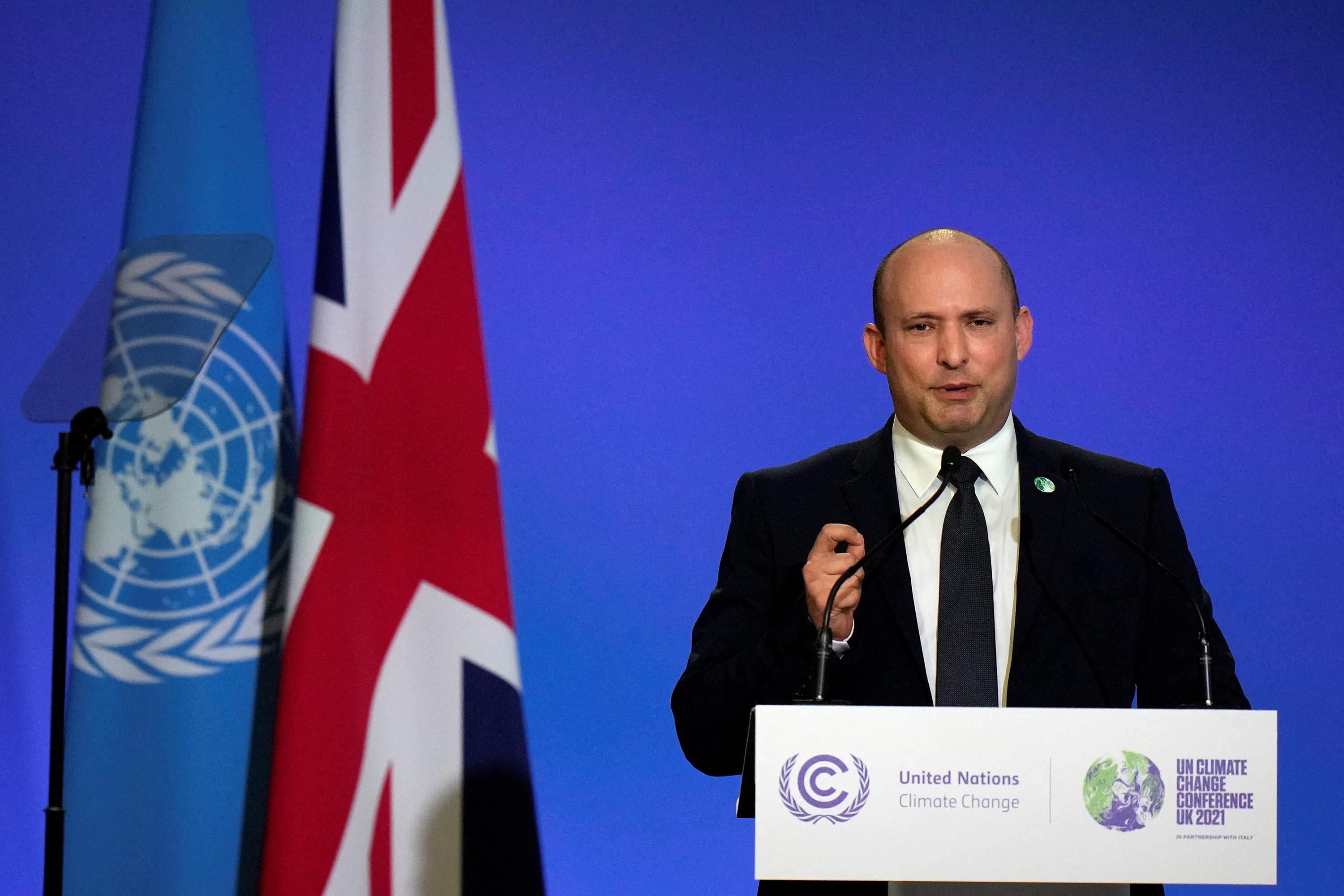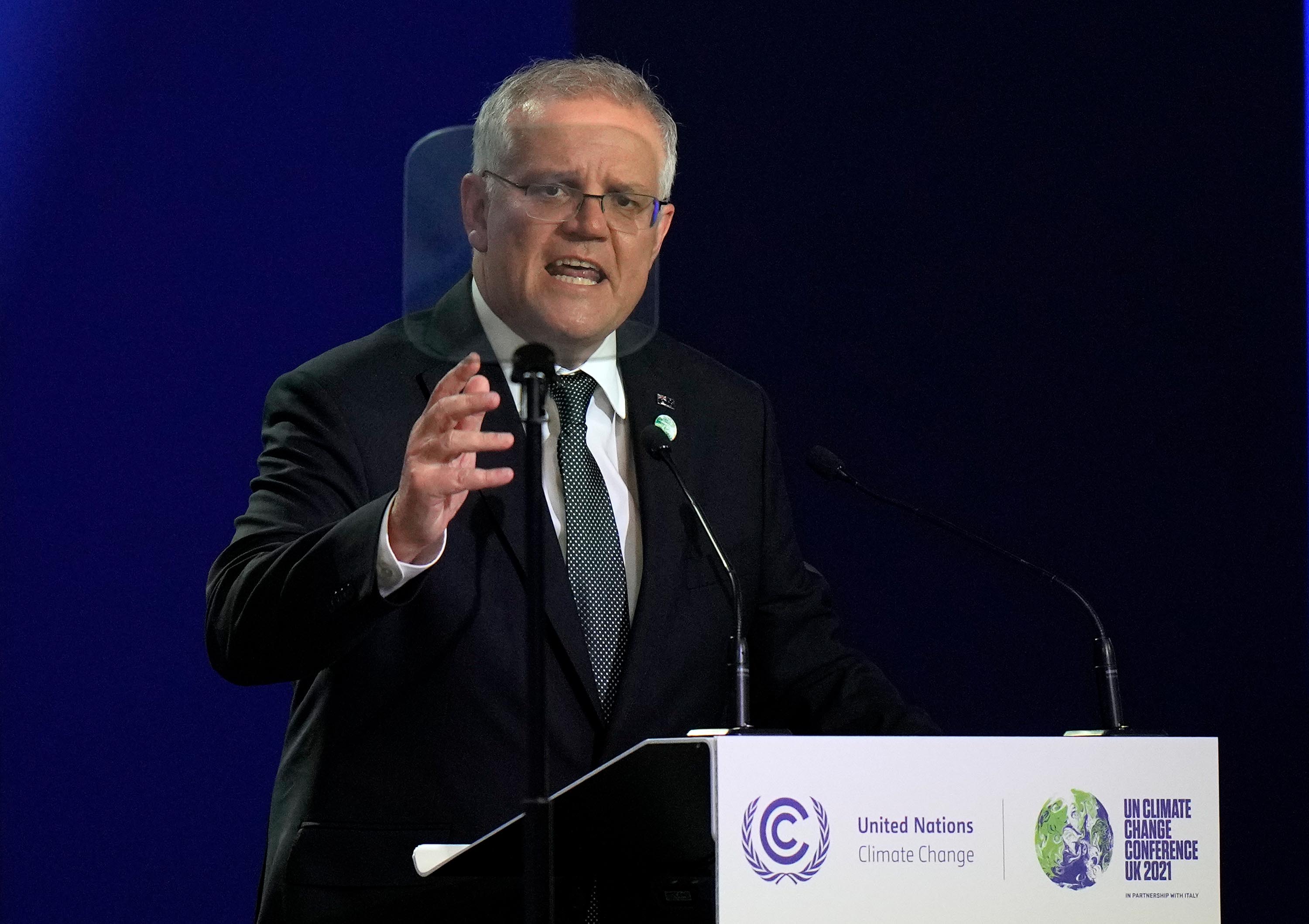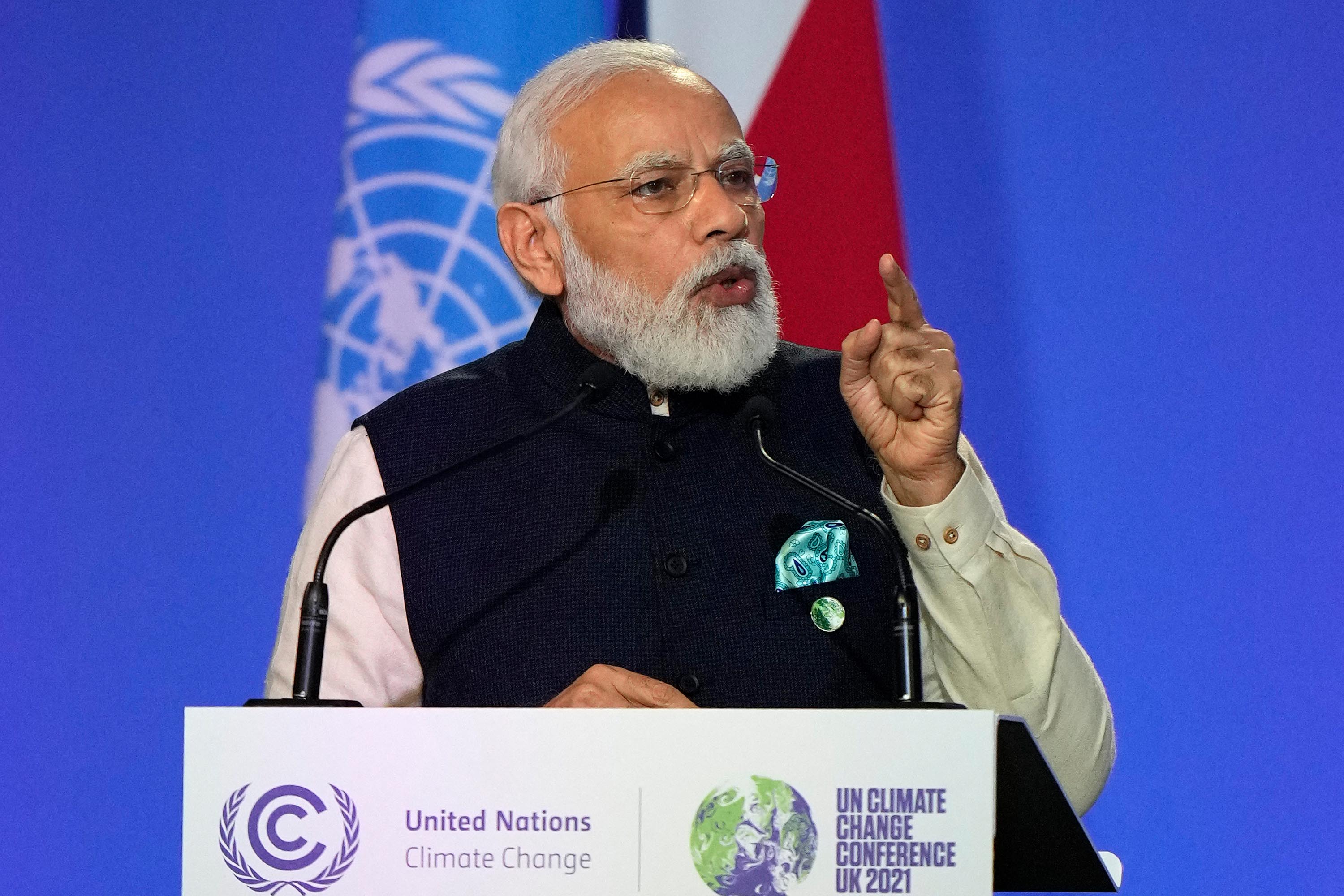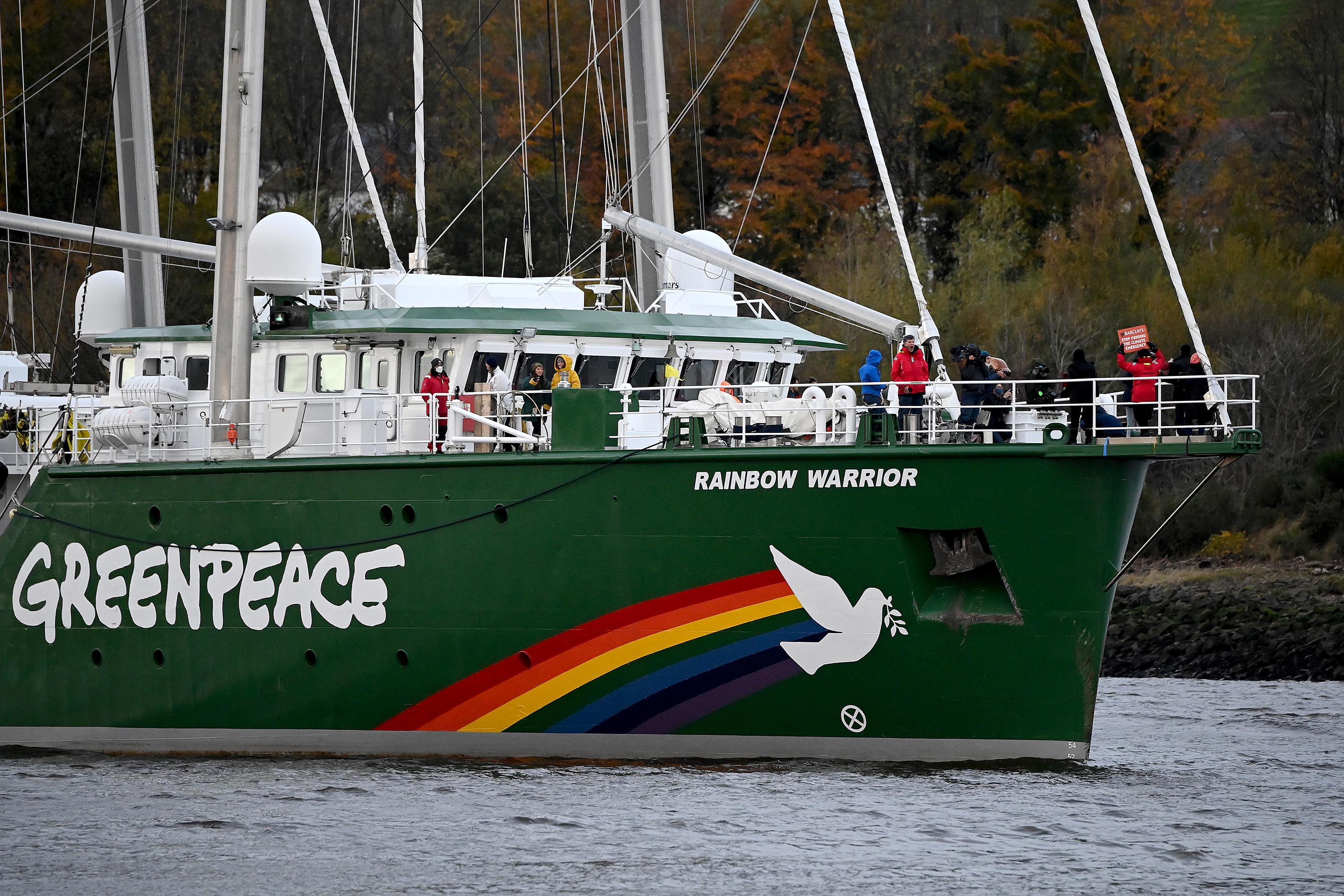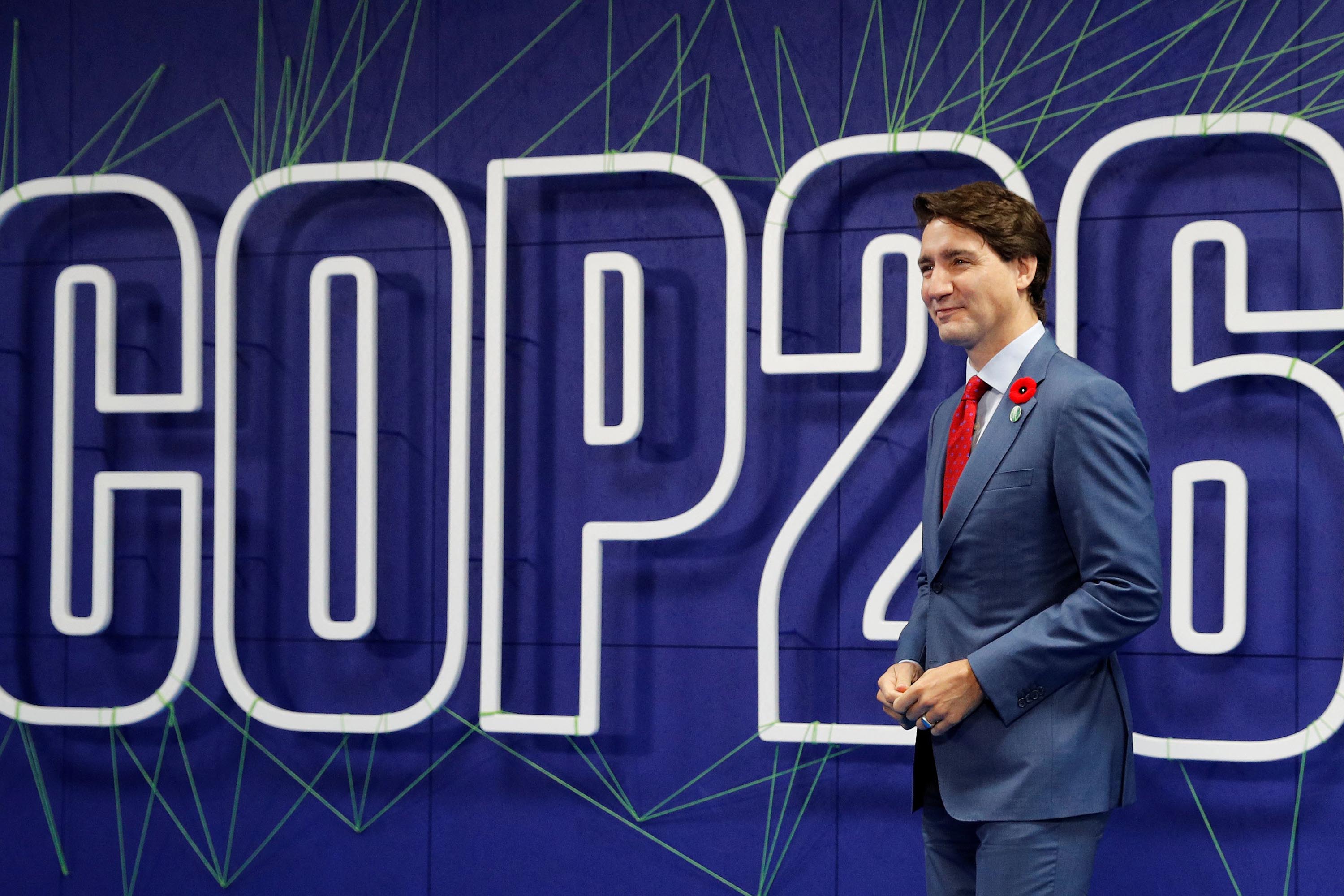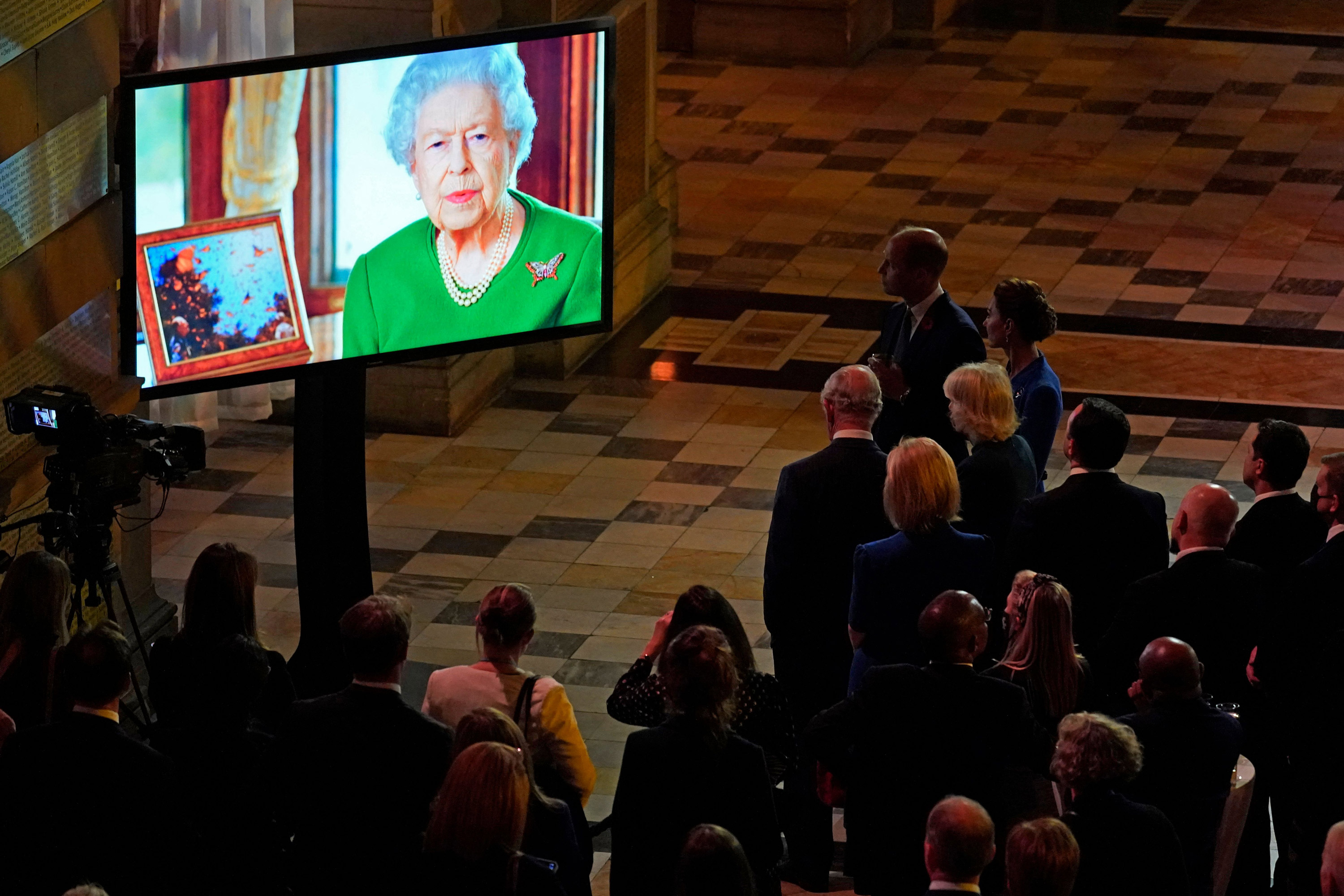
Queen Elizabeth welcomed world leaders to the COP26 summit with a video message at a reception on Monday.
Glasgow, the Queen said, was “once a heartland of the industrial revolution, but now a place to address climate change.”
Recalling her late husband the Duke of Edinburgh’s commitment to the “impact of the environment on human progress,” which was a “subject close to the heart of my dear late husband.” Philip, the Queen said, told an academic gathering in 1969, “If the world pollution situation is not critical at the moment, it is as certain as anything can be, that the situation will become increasingly intolerable within a very short time … If we fail to cope with this challenge, all the other problems will pale into insignificance.”
The Queen paid tribute to the work of Philip which she said “Iives on through the work of our eldest son Charles and his eldest son William. I could not be more proud of them.”
“Indeed, I have drawn great comfort and inspiration from the relentless enthusiasm of people of all ages – especially the young – in calling for everyone to play their part.
In the coming days, the world has the chance to join in the shared objective of creating a safer, stabler future for our people and for the planet on which we depend.
None of us underestimates the challenges ahead: but history has shown that when nations come together in common cause, there is always room for hope. Working side by side, we have the ability to solve the most insurmountable problems and to triumph over the greatest of adversities.
For more than seventy years, I have been lucky to meet and to know many of the world’s great leaders. And I have perhaps come to understand a little about what made them special.
It has sometimes been observed that what leaders do for their people today is government and politics. But what they do for the people of tomorrow — that is statesmanship.
I, for one, hope that this conference will be one of those rare occasions where everyone will have the chance to rise above the politics of the moment, and achieve true statesmanship.
It is the hope of many that the legacy of this summit – written in history books yet to be printed – will describe you as the leaders who did not pass up the opportunity; and that you answered the call of those future generations. That you left this conference as a community of nations with a determination, a desire, and a plan, to address the impact of climate change; and to recognise that the time for words has now moved to the time for action.
Of course, the benefits of such actions will not be there to enjoy for all of us here today: we none of us will live forever. But we are doing this not for ourselves but for our children and our children’s children, and those who will follow in their footsteps.
And so, I wish you every good fortune in this significant endeavour,” the Queen concluded.
Buckingham Palace announced last week that the Queen would not attend the summit person as planned and would follow medical advice to rest.
